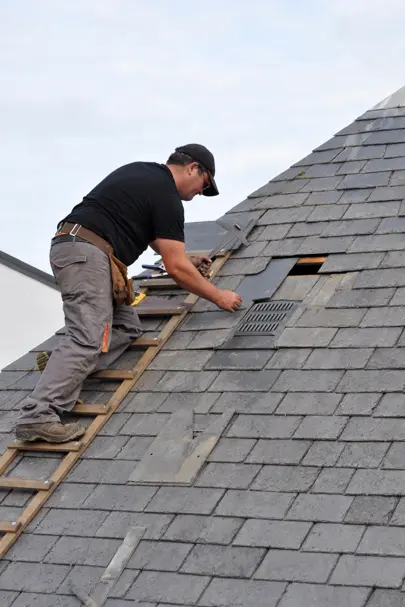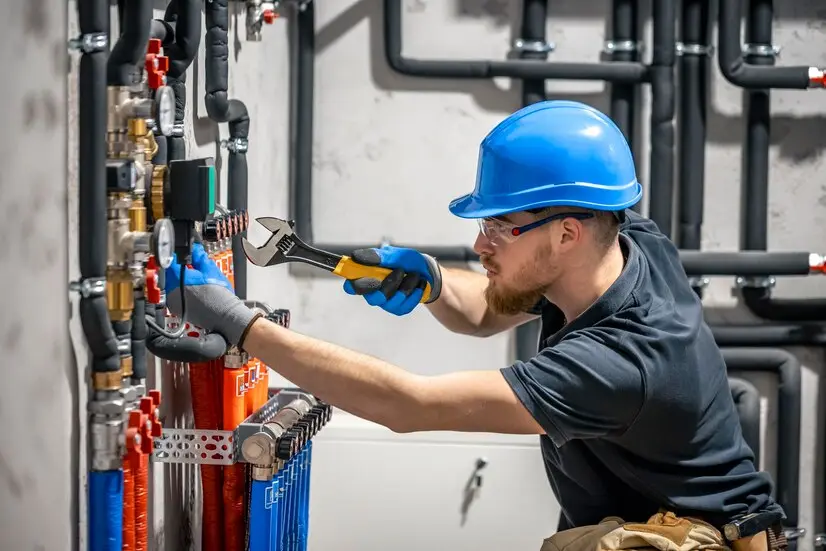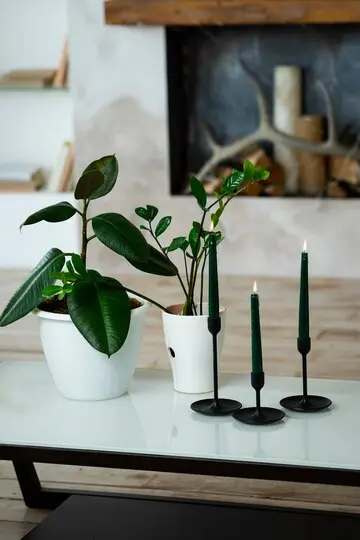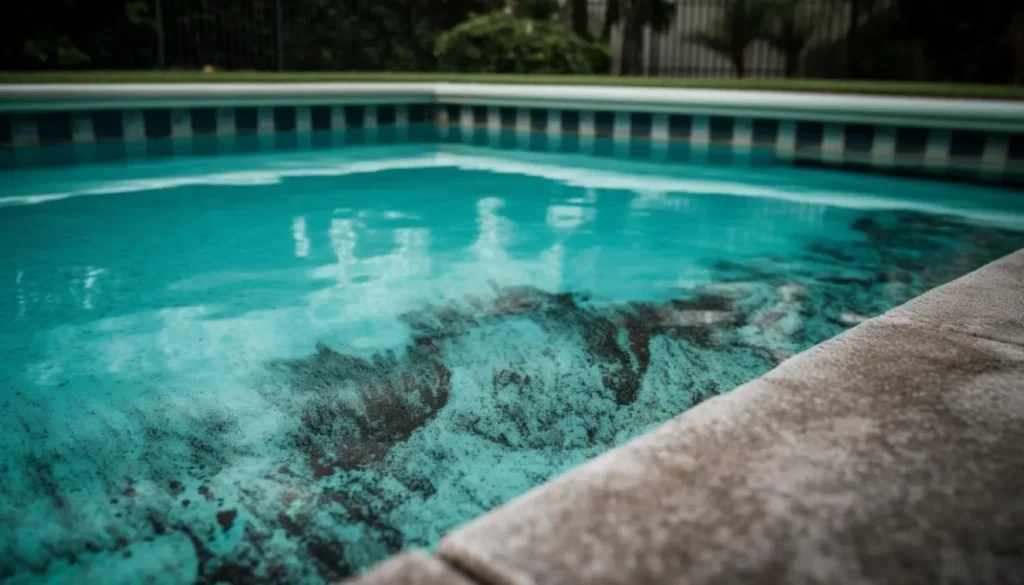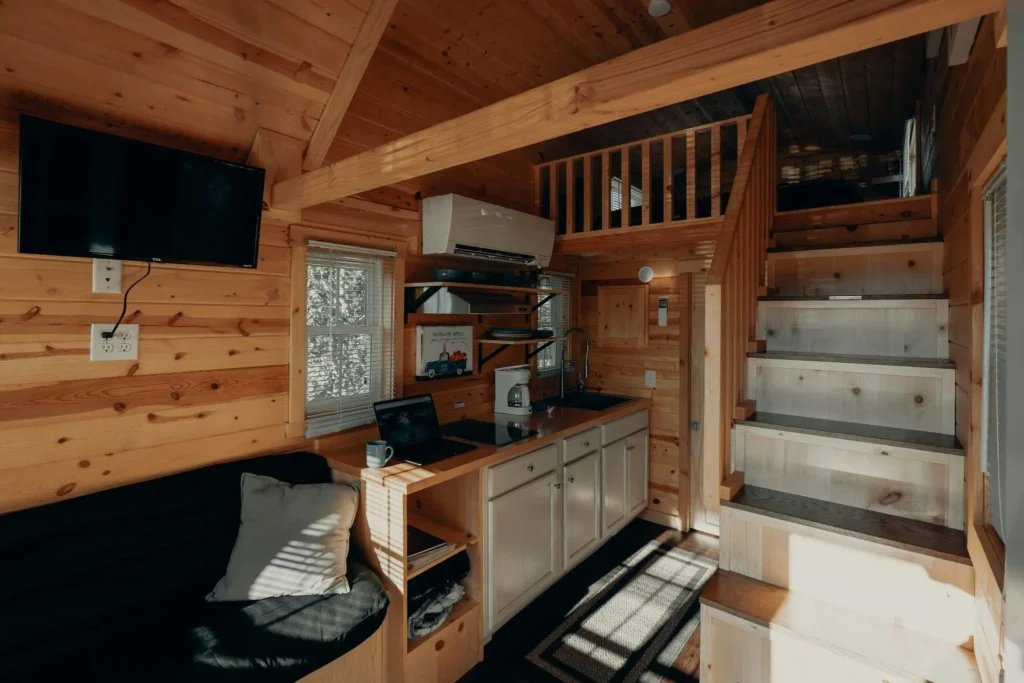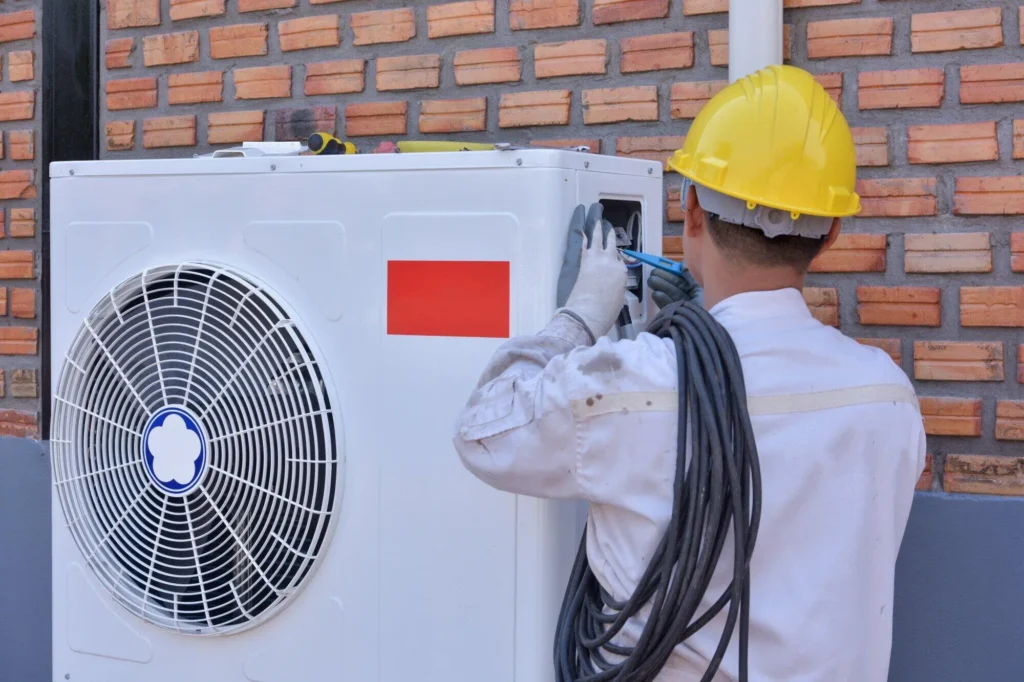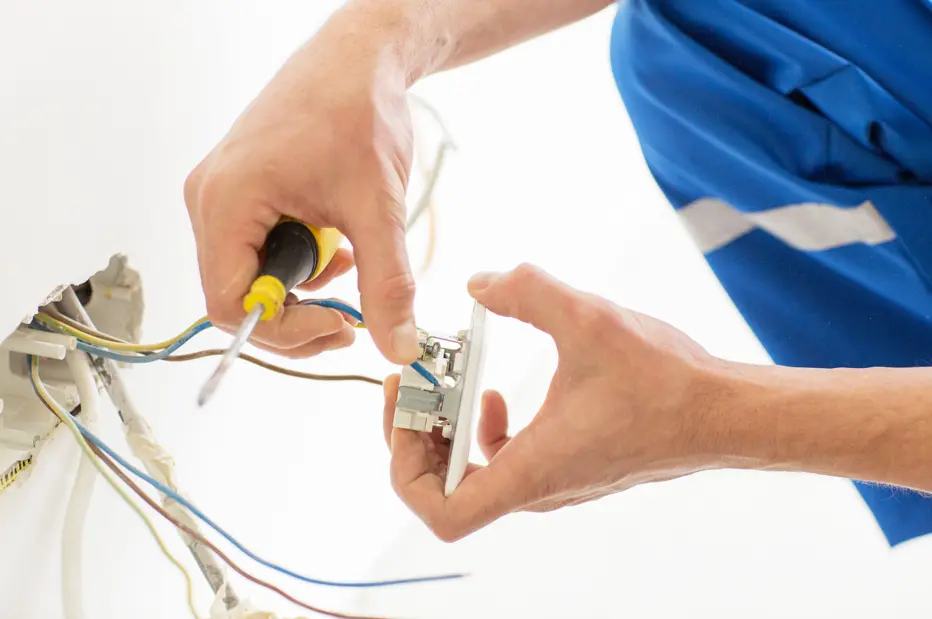The Impact of Climate on Roof Longevity and Maintenance
The roof over your head is not just a structure; it’s a fortress that protects your home from the elements. But did you know that climate plays a significant role in the longevity and maintenance of your roof? In this article, we’ll delve into how climate impacts roofing, exploring the effects of temperature extremes and […]
The Impact of Climate on Roof Longevity and Maintenance Read More »

